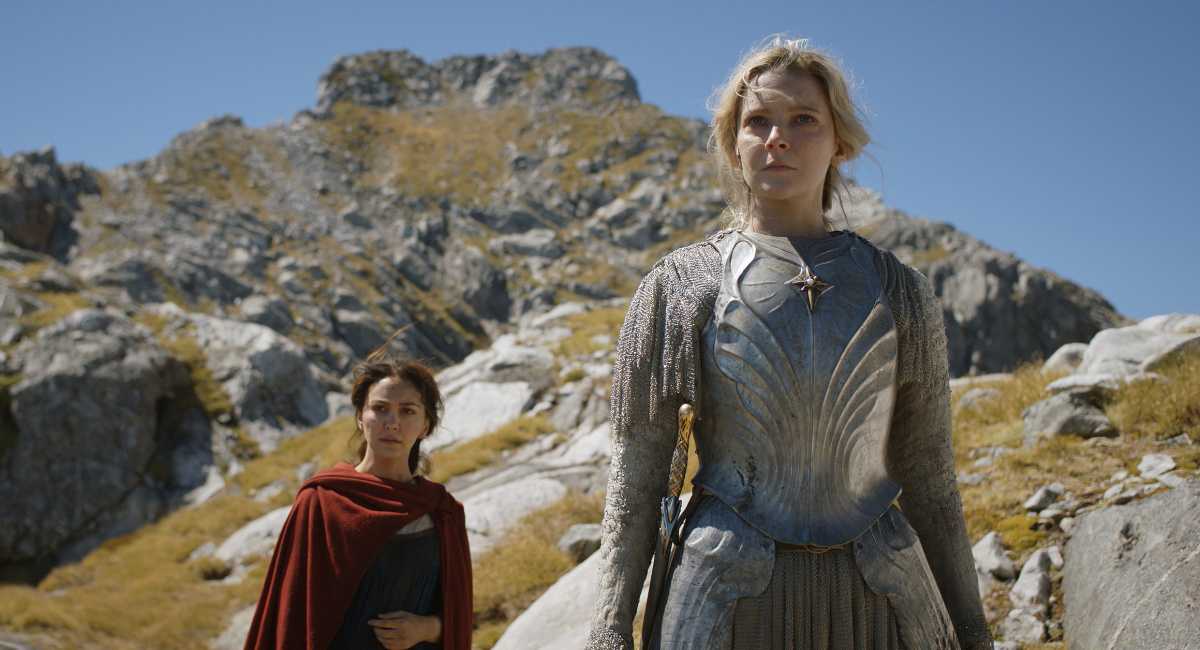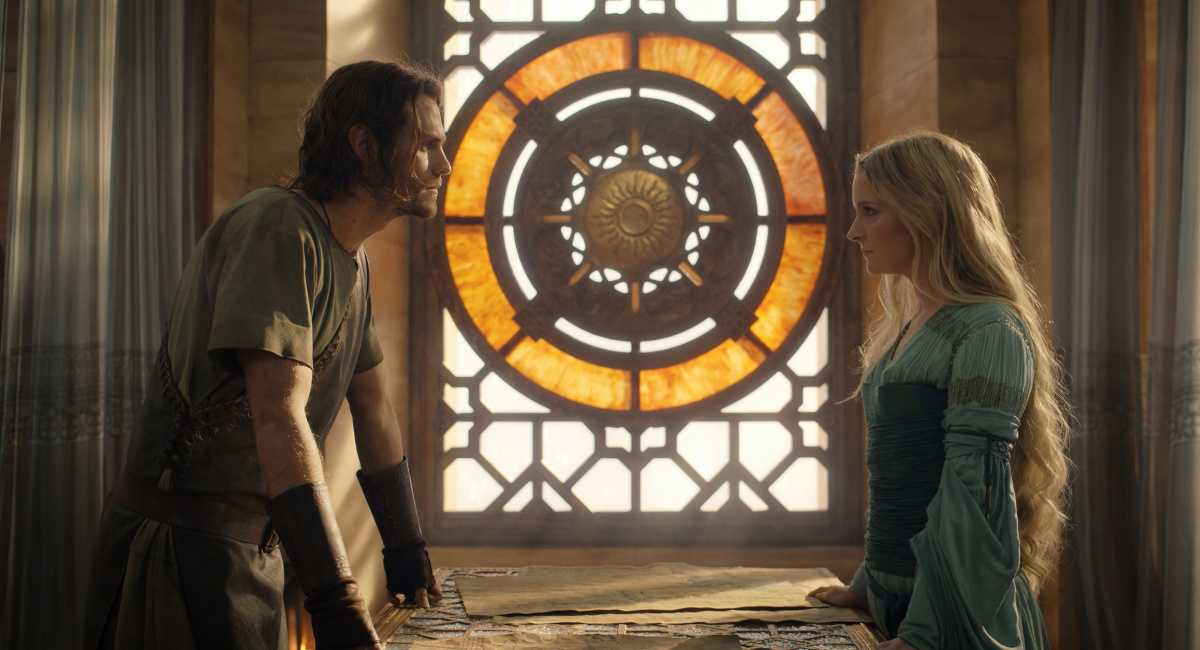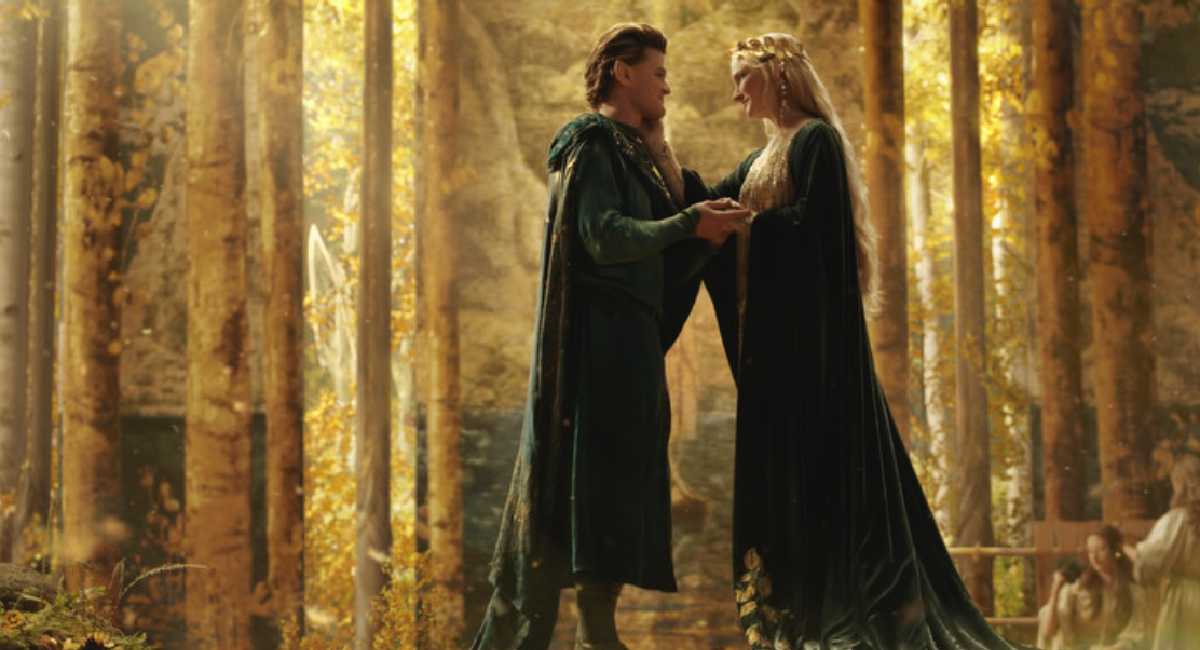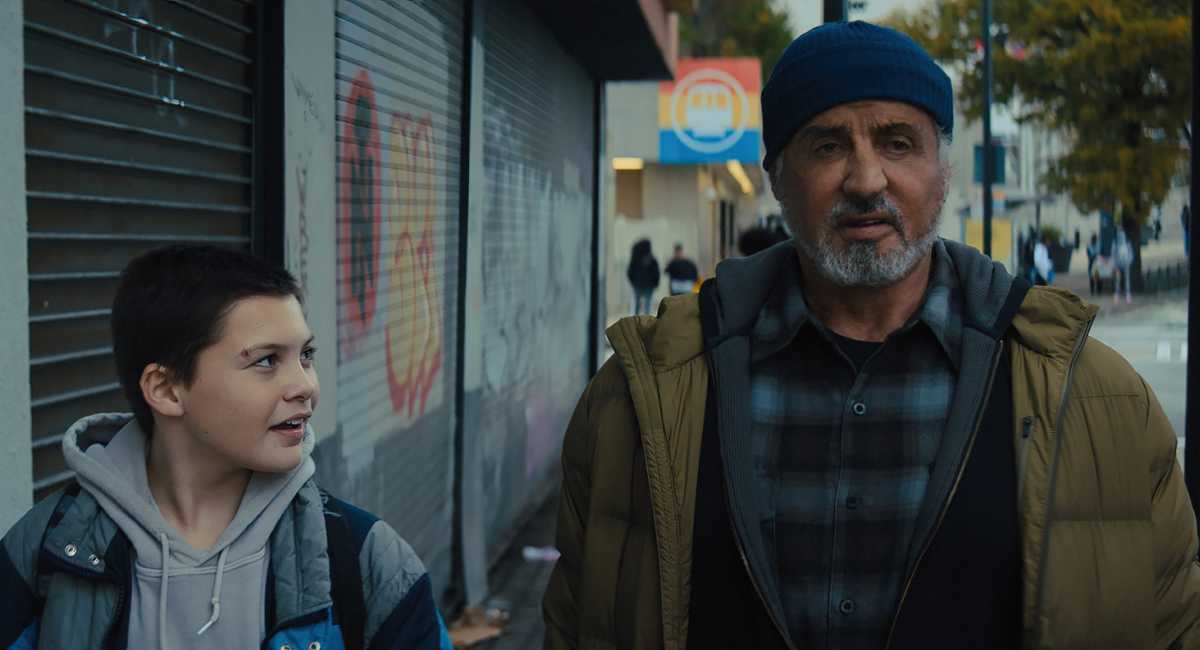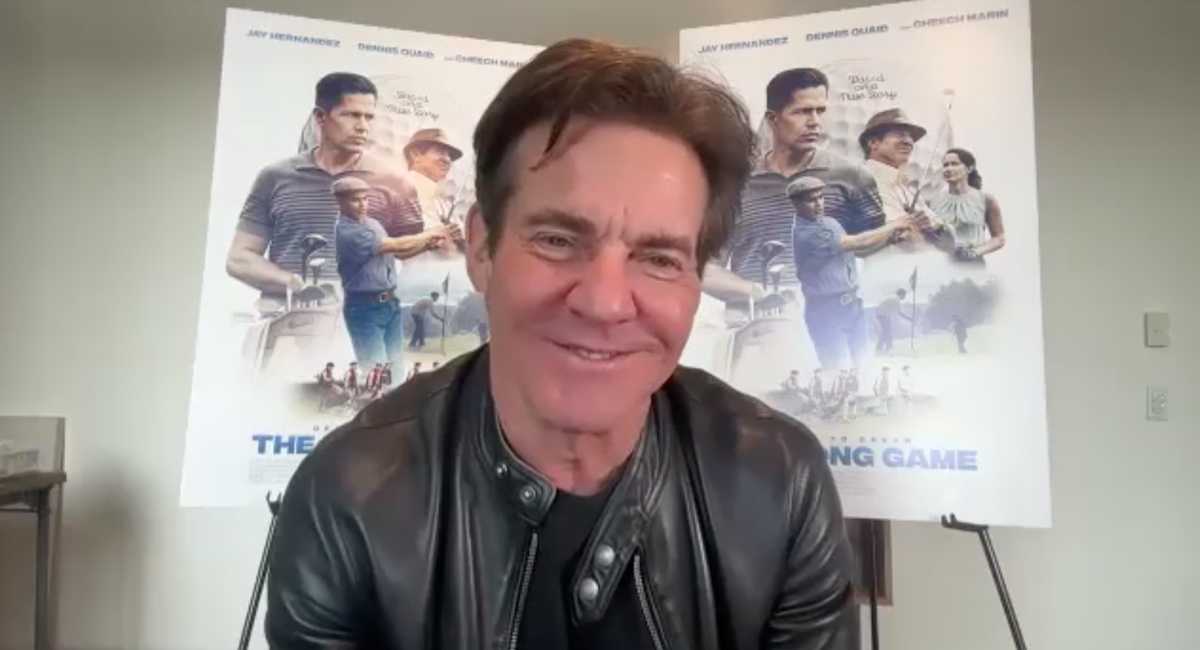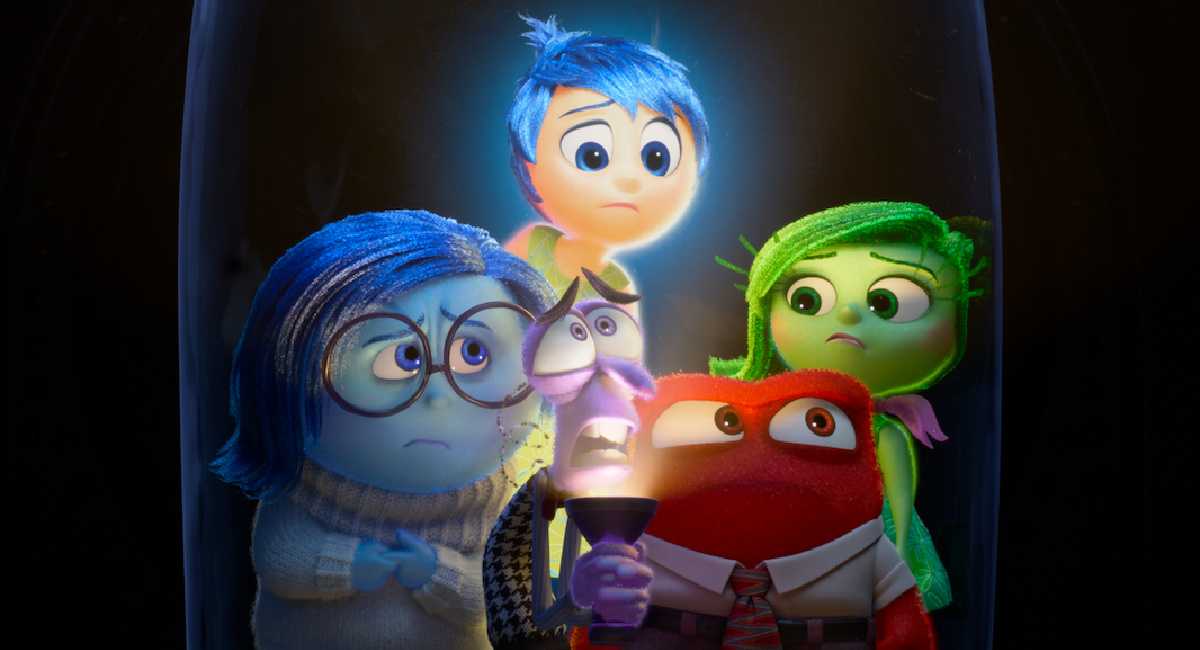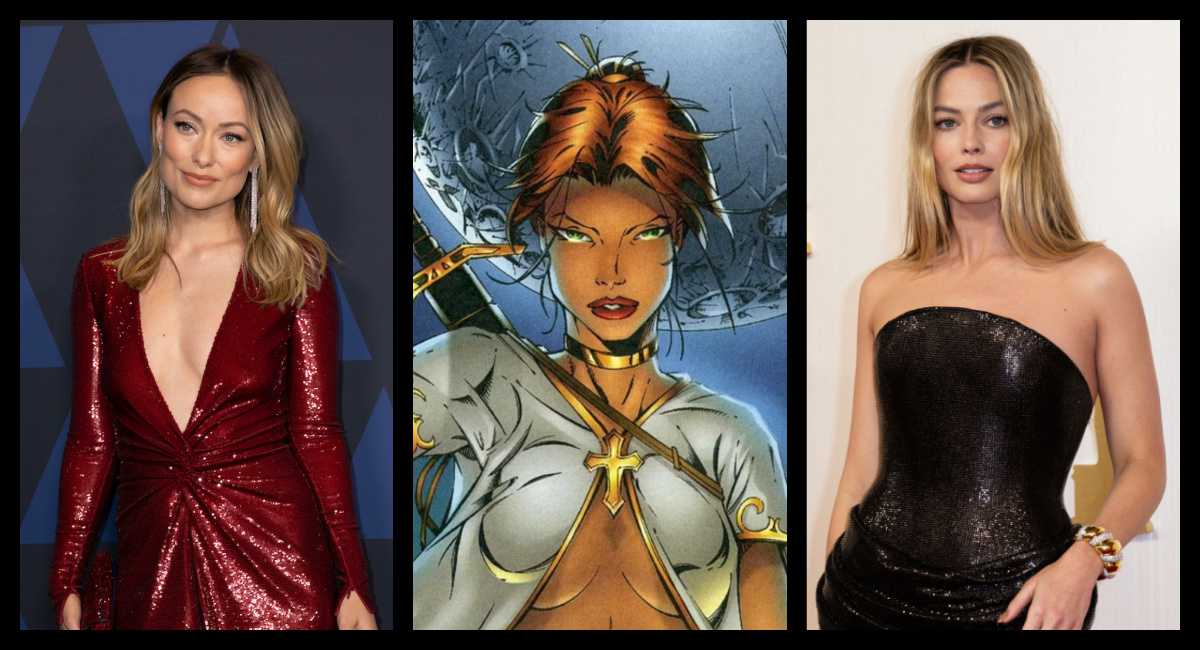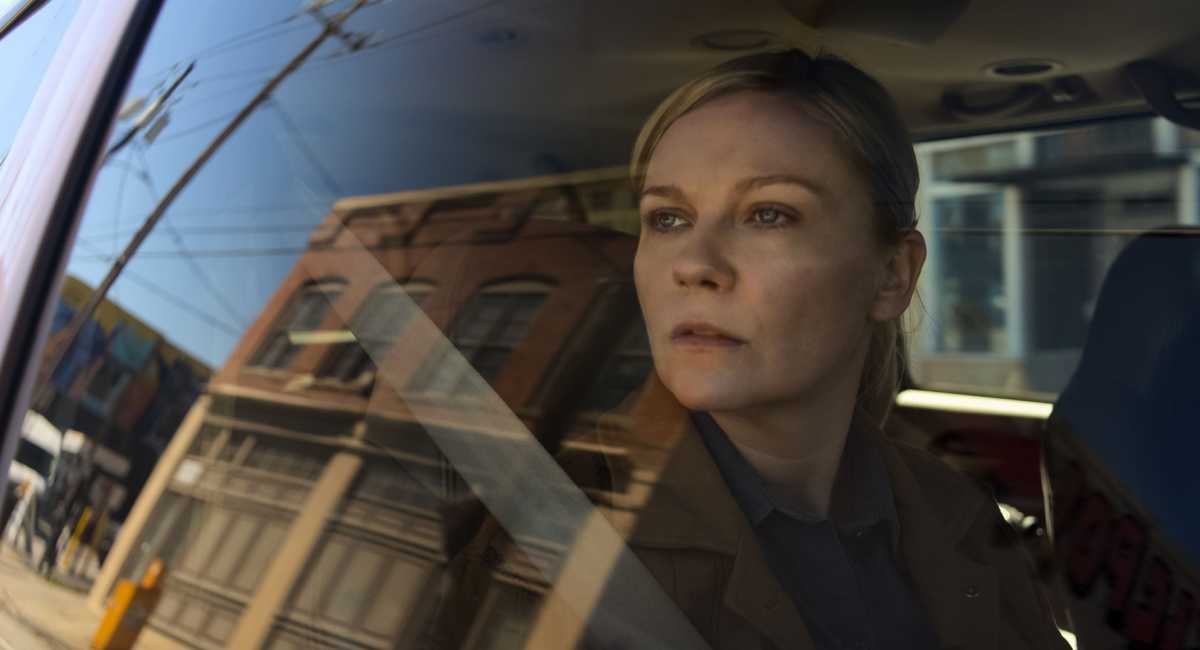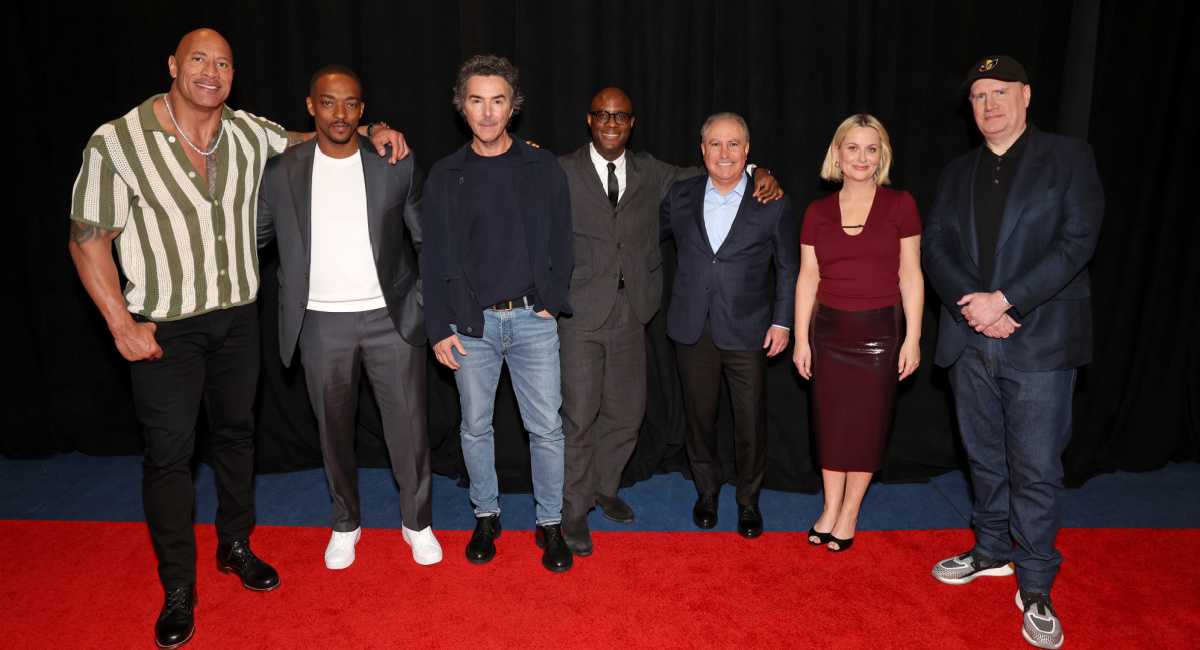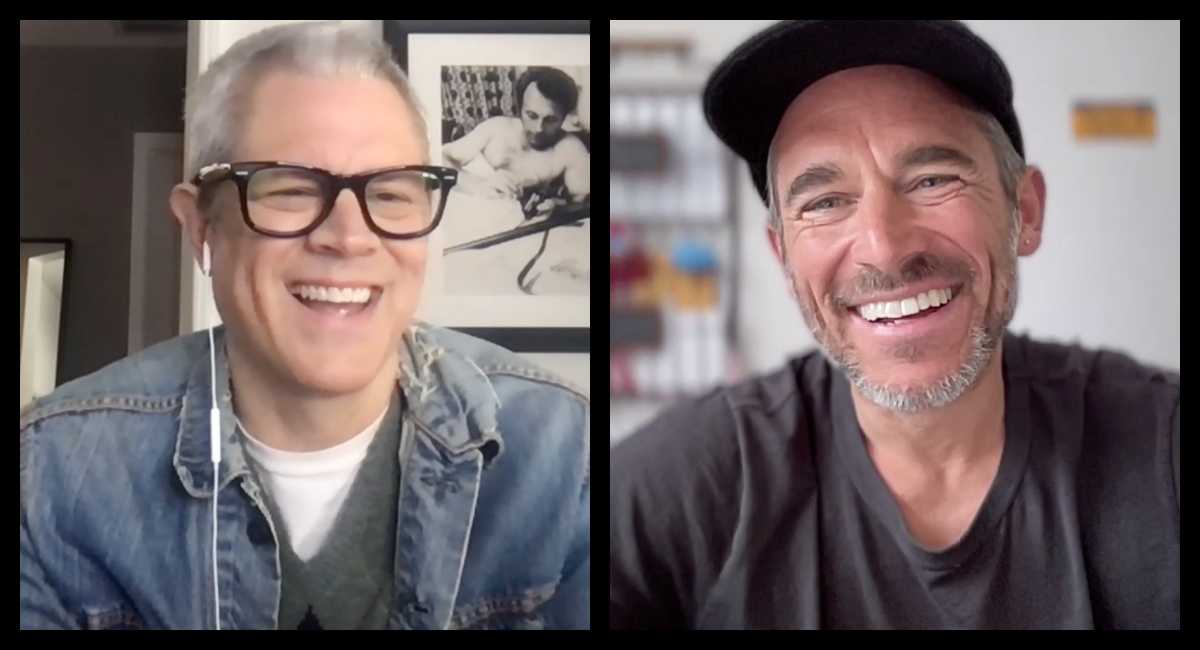Are Streaming Shows Really That Different From Network and Cable Shows?
To many viewers, streaming is just TV on a different screen. After all, you can watch "Seinfeld" reruns as easily on Netflix as you can on TBS. But what if the relatively new medium of streaming TV means a different kind of show?
We're already starting to see something like that in the way that streaming picks up TV's cast-offs. Netflix resurrected "Arrested Development" after its three cultish but low-rated seasons on Fox. Yahoo did the same for NBC's cancelled "Community." And now, it looks like The Mindy Project," another cultish Fox comedy that held out against the Nielsen ratings for three seasons before getting the ax.
What do these shows have in common, besides not drawing enough viewers to stay on network TV? They're all the creations of idiosyncratic TV auteurs, writers who put their own offbeat, recognizable, personal stamp on the material. They're the kind of shows that are almost designed to be cult favorites, since they're likely to resonate with small but passionate followings. The networks' business model doesn't have much room for such niche audiences, unless they're affluent and attract free-spending sponsors. (Indeed, the Hollywood Reporter article about the possible "Mindy" move notes that the show was greenlit under a previous Fox regime that was willing to experiment with niche comedies, but the current Fox regime has a strategy that relies on shows with broader appeal.) But niche audiences are exactly who the streaming services cultivate, viewers who appreciate shows that are unique and buzzworthy, who are willing to binge-watch them, and who are eager to share their enthusiasm on social media. And with the pay-subscription model, the bar for popular success is a lot lower for streaming shows than for free, sponsor-supported network shows.
If Hulu does pick up "Mindy," it would be a smart move for a streaming site that, Seinfeld," didn't seem like enough to do the job. Maybe that's because "Seinfeld" reruns are a quarter-century old and readily available in syndication on network and cable TV. But maybe it's also because "Seinfeld," groundbreaking as it was in the '90s, is still a conventional three-cameras-and-a-laughtrack sitcom, the kind we're used to from decades spent in front of the living-room TV. It's not the type of unique creation that will make Hulu stand out.
Is "Mindy"? Maybe. For one thing, it's a single-camera, no-laughtrack comedy. It has an unorthodox protagonist. It operates on a number of levels -- it's largely about spoofing the conventions of romantic comedy, but it's also about presenting a credible romance with realistic dramatic conflicts and resolutions, between characters you're encouraged to care about despite their jokey frivolity. Most of all, it's clearly the product of creator/star Mindy Kaling's unique sensibility.
Even so, Hulu may already be behind Amazon when it comes to attracting subscribers with deliberately eccentric shows. After all, Amazon is the site whose trademark show is "Transparent," which, besides being a multiple award-winning show about a family coping with a newly transgender patriarch, is the idiosyncratic and highly personal creation of veteran TV writer Jill Soloway. (Jeffrey Tambor's protagonist is based on Soloway's own father.) Amazon has also solicited shows from film auteurs known for their instantly recognizable personal styles and themes, including Spike Lee, Steven Soderbergh, David Gordon Green, Whit Stillman, and Woody Allen.
Amazon wants to make shows that are more than just the networks' castoffs. The retailer's streaming site goes out of its way to find shows that are unusual, even controversial, according to a new profile of Amazon Studios in New York magazine. "We really, really did not want to have a bunch of shows that seemed like the best shows that didn't make it onto CBS's or NBC's schedule," Amazon Studios chief Roy Price told New York. "Honestly, if you put together a network comprised of that kind of thing, no one would care about it. It wouldn't have some value. It would have no value."
In fact, Price greenlit "Transparent" despite its failure to pass muster on Amazon's you-choose-it pilot selection program (where viewers vote on which episodes of prospective shows they'd like to see become full series), Even though "Transparent" was pilot viewers' least favorite potential series, Price and his team knew it would be a show that would make Amazon stand out. That's the opposite of the ratings-driven decisions that TV programmers usually make. "There's something exciting about an idea that no sensible network executive would do," Price told New York. "That's an excellent sign that you're in uncharted waters. And that's where we should be."
Not every streaming show is going to be different from typical TV fare. Netflix has had a great deal of success with shows that could just as easily have run on network or cable. "House of Cards" would be at home on Orange Is the New Black" wouldn't be out of place on Showtime (home of "The L Word" and "OITNB" creator Jenji Kohan's "Weeds"). Tina Fey and Robert Carlock initially developed "Unbreakable Kimmy Schmidt" for NBC, the network that aired the pair's quirky "30 Rock" for seven seasons despite its modest ratings. And "Marvel's Daredevil" could just as easily have run on ABC alongside "Marvel's Agents of S.H.I.E.L.D." And Netflix viewers will soon be introduced to "Grace and Frankie" (the new Jane Fonda / Lily Tomlin dramedy from "Friends" co-creator Marta Kauffman that critics have described as a show that would have been at home on NBC in the 1990s) and "Sense8" (the new sci-fi drama from the Wachowskis that sounds a lot like NBC's "Heroes"). It's easy to imagine that the only thing these shows have that differentiate them from their TV counterparts is bigger budgets and lusher production values.
Right now, then, there's no one formula for a successful streaming show and no set of characteristics that distinguish streaming series from network and cable shows. The rules are still being written. Streaming is where premium cable was 25 years ago, when HBO and Showtime were niche services for affluent viewers willing to pay extra, and when both channels were still dipping their toes into original scripted programming. It took years for them to come up with signature, template-setting shows like "The Sopranos," "Sex and the CIty," and "The L Word." Still, what Hulu, Amazon, and Netflix all have is a willingness to experiment and to spend the cash that such experimentation requires. After they throw enough spaghetti at the wall, they'll figure out what sticks.




